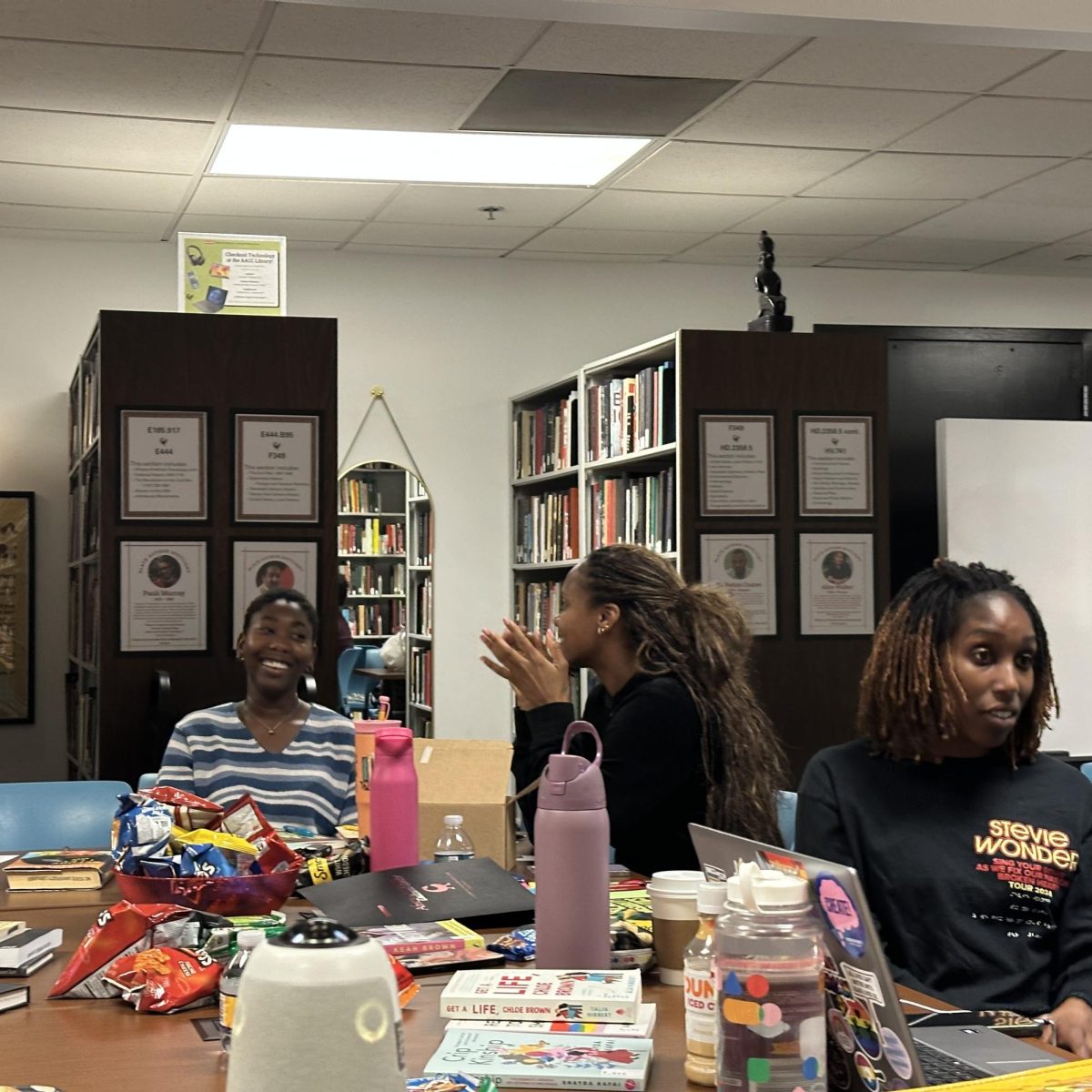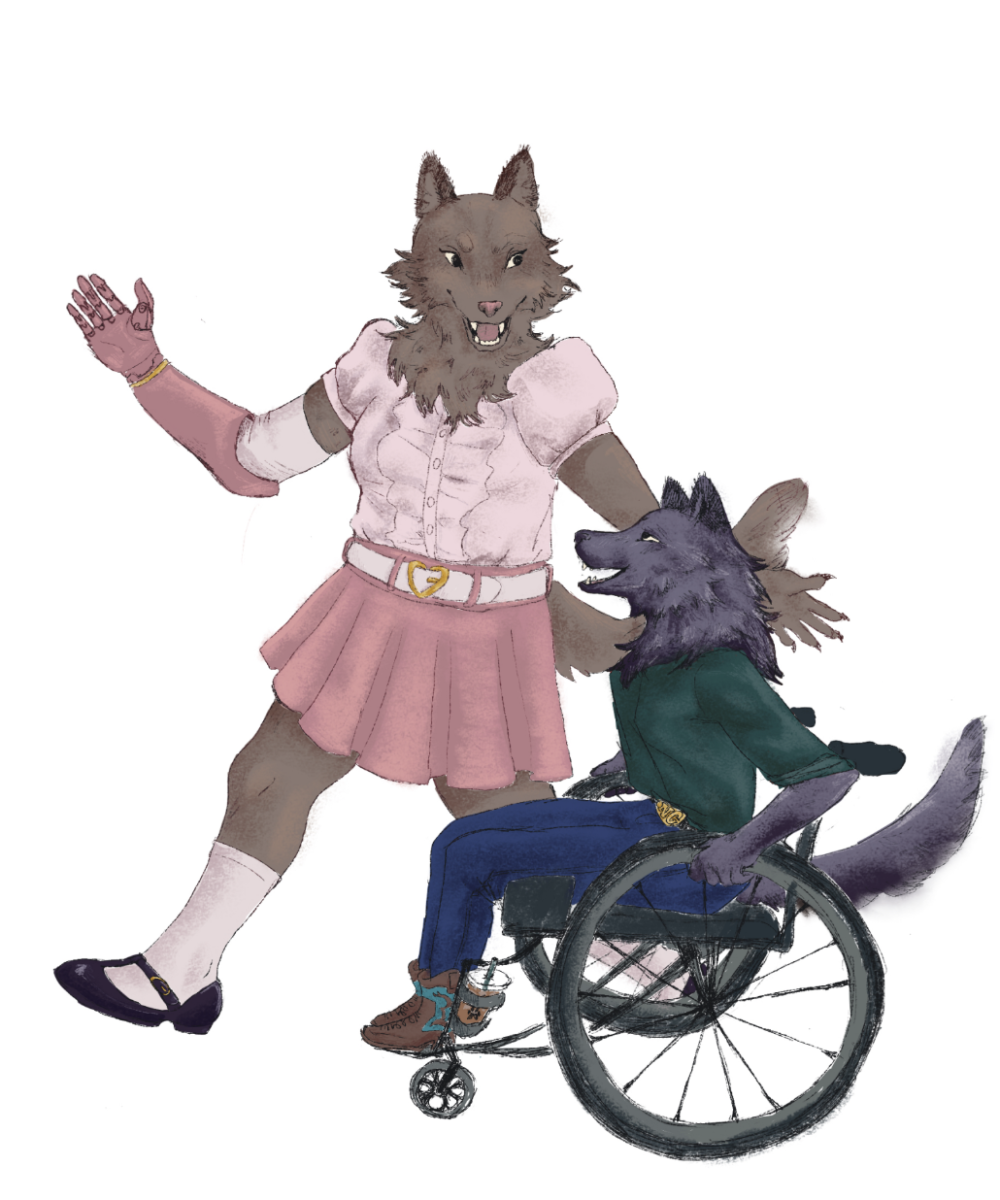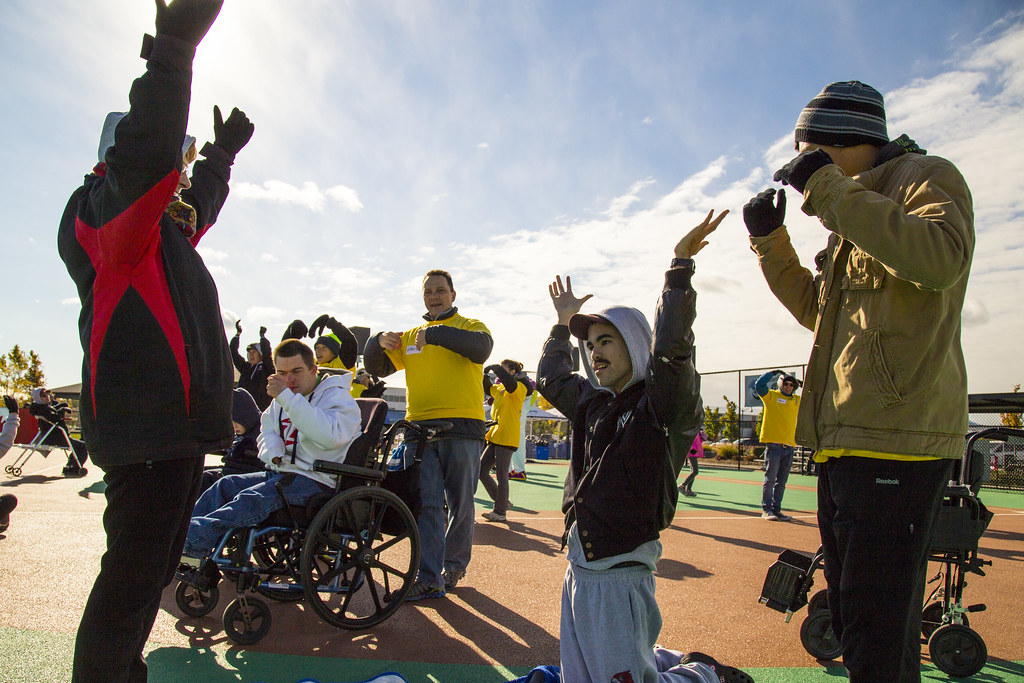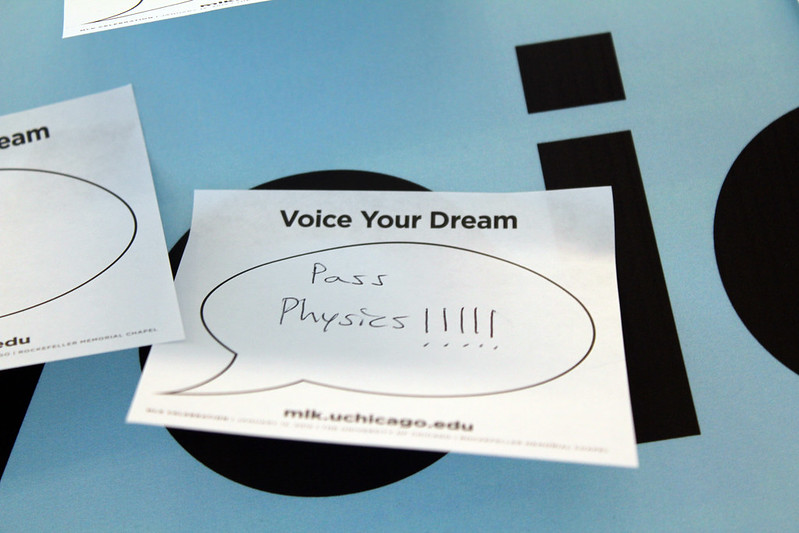On Friday, Jun. 11, we were able to sit down with Chancellor Randy Woodson to discuss recent events such as the petitions, students making racial comments, the Free Expression Tunnel, COVID-19 plans, and much more.
Nubian Message: Have you seen the recent petitions? How do you and your administration plan on addressing and prioritizing their demands?
Randy Woodson: My advice to all of my colleagues and administration: it’s a time for us to listen a lot more than talk. My hope is that in addition to responding to individual demands is to really take the time to work with the student leaders in order to understand the rationale behind the demands and then to be able to respond to it appropriately. Instead of, frankly the typical, administrative response which is to start trying to explain without listening. The immediate response to the [police] petition is the town hall scheduled for July 8, and then I am committed to following up with Charles Maimone, the vice chancellor for finance and administration, who oversees the organization that has campus police. So that’s what our plan is at this point.
NM: Do you feel the pressure to correct your predecessor’s mistakes in how they handled racial relations on campus? A lot of the issues that are resurfacing are not necessarily something that your administration implemented.
RW: Of course, that’s true with racial issues, administrative issues; it’s true with many issues. [In the petition] you said “Generations of Black NC State students have been subjected to vague promises such as moving to ‘a place of dialogue and partnership to have difficult but necessary conversations. As a collective, we are tired of these conversations not being followed by actions.’” I’ve actually, before receiving this, been talking to our colleagues here in this building and across campus on how to change that dynamic.
I am interested in creating an ongoing process that will last for well into the future, where we have all of the administrators, all of the deans, all of the faculty senate, faculty and staff representatives to talk with our student leaders to listen to what the challenges you all face on our campus and to really get to a place of mutual understanding. I am not intending to create some infernal task force that creates recommendations and then students leadership changes, students change, administration changes and nothing happens. We are working on the details [on] how to put in place an ongoing working group that really seeks to understand first. [We want to understand] the demands that are being placed on us and understanding the background to the demand. [We are] moving to a place of implementation and doing it consistently year in and year out. So yes, I feel the need to make corrections where we can.
I was born in the 50s, raised in the 60s, and went to college in the early 70s. I have lived through periods in our country’s history where racial tensions were significant. I honestly believe that we are in a time where change can occur because of the nature of the protests and the diversity of people from young to old, from Black to white, that are participating. The momentum that the courageous leaders have shown to push for change and so we need to do our part as a university.
NM: There have been several reports about how Black and Brown communities are being disproportionately impacted by COVID-19. How do you plan to extend your administrative support to Black and Brown students in the face of a pandemic that impacts their communities the greatest?
RW: Well, first of all, we always try to treat our students’ health the same regardless of their background but we understand that students, particularly students who are not living on campus, are living in different environments. We’ve got Julie Casani, the director of student health, seeking to understand what students’ living environments [are], their working environments [are] because that makes a difference in their exposure. We also have a system in place to understand any underlying health conditions that may contribute to susceptibility to COVID-19 and that will be applied to all students. It is very important for us to understand the environment that our students are living in to get a better sense of their susceptibility or potential infection rate to the virus.
NM: In your last statement, you mentioned the inclusive and diversity training for incoming students, how exactly do you go about selecting the training? Is there a certain criterion or standard that you are looking for?
RW: I rely heavily on our Office of Diversity and Inclusion and my sense is that they have selected DiversityEdu as a platform that can be used for faculty, staff and students. Rupert Nacoste has reached out with some alternative opportunities, so I think we need to be careful about evaluating what is out on the market that can help us. I cannot answer the question on the terms that they use for criteria, but I am committed that whatever we use and however we decide to use diversity education training is that it’s applied to all NC State — the entire NC State community: faculty, staff, and students.
NM: Are you proud of the work you’ve done during your time as chancellor? What do you feel like your lasting impact will be?
RW: Well, yes I’m proud of it, otherwise, I wouldn’t still be here. I feel most proud of building the university’s resources through growing private fundraising. Another area of pride is that the reputation of NC State within the state of North Carolina has grown and that is reflected in a growing demand to get into our university. Students are excited to be here but it’s also resulted in some challenges with our Black and Brown community. We are not where we want to be in terms of our diversity on our campus, and that is something that we really need to get a lot of input on and thoughts on how we can improve that.
If you look around campus, I’m proud of the infrastructure that we have maintained and advanced. I would say that overall the thing that I am most proud of is the growth in student success. Our graduation rate has gone from the low 70 percent to over 84 percent. The success of our students in the job market has increased, the retention of our students has increased. And a lot of that is because we have invested heavily in student advising, we have a new student resource center in D.H. Hill. We’ve grown the living and learning villages, the Black male initiative village is an example of that, and all of those things have contributed to the growing success of our students. We were singled out two years ago by diversity higher ed for closing the gap, most dramatically, between Black students and majority students in graduation rate, so that is translated to improved success of our Black and Brown students as well.
NM: In the statement that was released regarding the racist remarks made by students, it reads “neither of these individuals will be attending NC State in the fall.” Does this mean that their acceptance was rescinded or just deferred until the spring semester?
RW: What it really means is that they won’t be here on this campus in the fall. We have the legal right to release the directory of students who are enrolled, we don’t have the legal right to talk about the conditions of enrollment so it means what it says — that they will not be at NC State this fall. We will have to release the directory next year and the next year, I just can’t talk about individual student records or individual’s decisions on admission or rescissions.
NM: I know that there have been several incidents of things being spray-painted in the Free expression tunnel so I was wondering how do you feel — you cannot necessarily monitor what is being spray painted but how do you feel how that impacts and reflects our campus culture?
RW: I have no question that racist or homophobic or any number of things that have been written in the free expression tunnel over the years caused pain and suffering for our student body. [The free expression tunnel] was created during a time in our nation’s history when racial tensions and concerns about the Vietnam War were very high. So it was created as a way for students to express themselves.
My only choice or avenue as admin is to either have it as a free expression tunnel or to not have it. And because people aren’t subject to defacing state property by spray painting or graffiti things if we say that they are allowed to do it. So that is why we are allowed to have a free expression tunnel and we allow our students to express themselves. What we’ve done, and this dates back to actually before I got here, we had, it was during the first election for Barack Obama and there were racial slurs pointed towards the president. That actually is actionable because it is towards an individual. And at that point, we put more security cameras around the free expression tunnel, but we’ve also over the years implemented the strategy with the help of student leaders that when there are things in the tunnel that do not represent the values of our culture that our student’s community comes out very quickly to address it and to change it.
NM: With the current protests going on, do you anticipate another protest occurring on our campus in the fall? And when you are doing this, do you look back at the protest that occurred in November, the No Hate At NC State/Culture Wars, to better prepare for what potentially could happen?
RW: Of course, that’s the short answer. [Our students] are courageous and I’m proud of them for [the] student involvement in protests in Raleigh. We want to give our students space to peacefully protest. You don’t see our police [UPD] show up in riot gear and draw a line between people — our approach is really to work with students to try and make sure that we have created a safe opportunity for people to protest. It is going to be a very different fall, as you know because we are not going to be able to officially allow large groups to gather in close spaces because we are under a pandemic. So we will have some challenges in regard to student groups that want to hold big events indoors or bring people to campus. But our approach always is to allow our student’s room to express themselves and frankly I expect that they will and I hope that they will.






